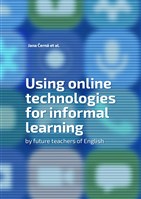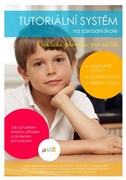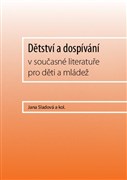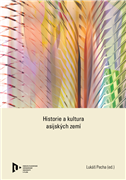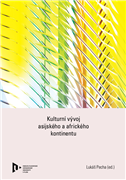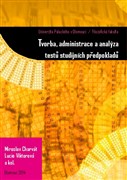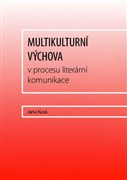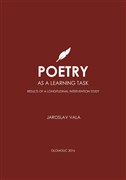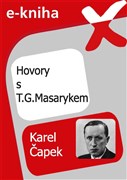 můj účet
můj účet
využít poukaz
- Učebnice
-
Odborná a naučná
- cestování, turistika
- jazyky
- kuchařky, gastronomie
- osobní rozvoj
- podnikání, ekonomie, finance
- poznání a sebemotivace
- právo, daně, účetnictví
- přírodní vědy
- psychologie, pedagogika
- rodičovství
- společenské vědy
- sport, zdraví a životní styl
- technické obory
- výtvarné techniky, umění
- zahrada, zvířata, příroda
- zdravotnictví
- další obory
- Beletrie
- Dětská
- Časopisy
- zdarma
elektronická kniha
Using online technologies for informal learning by future teachers of English
Vydavatelství Univerzity Palackého
The world of online technologies offers students multiple opportunities for self-study and self-development. But which online technologies do students engage with and for what purposes? How much time do they typically spend online? What are the benefits and drawbacks of using online technologies from the students’ perspective? These and other questions are addressed in this monograph, which focuses on the phenomenon of informal learning through online technologies among future English language teachers. It presents the results of quantitative and qualitative research conducted at the Faculty of Education, Palacký University Olomouc, which attempted to map the past and current practices of using online platforms, applications, websites and social networks by future teachers of English from three Czech universities. Comparisons are made with regard to the students’ gender and form of studies, and their specific personal histories with online technologies are linked to how they plan to utilize these in their future careers.
Dostupné pro čtení v aplikacích Flexibooks:
WINDOWS
ONLINE
ISBN: 978-80-244-6068-0
Počet stran:120
Rok vydání:2022
Zdarma pro Vás
POPIS
This monograph aims to introduce the theme of informal learning. It consists of the theoretical part and the results of research conducted at the Faculty of Education, Palacký University in Olomouc among its master's students – future English teachers and the students of other 3 universities. It attempts to find out how often and how the students use online platforms, applications, websites and social networks in their informal learning and formal education. It describes the differences and similarities between the students' use of online technology for their own supervised and unguided learning and for the purposes of their formal studies. Comparisons in the use of online technology are made with regards to the students' gender and form of studies. The third part consists of the qualitative part of research focused on how future teachers of English have been approaching online technologies throughout their lives, primarily for the sake of informal education. In semi-structured interviews, teacher candidates who study primary and lower-secondary education at the Faculty of Education of Palacký University in Olomouc shared their history of using online applications and web pages from their young school age up to the present time. Differences and similarities between the two groups of students are explored, as well as the potential influence of their specific histories with online technologies on how they plan to utilize these in their future careers.
